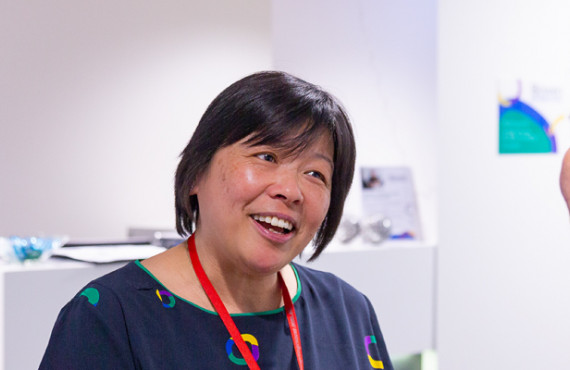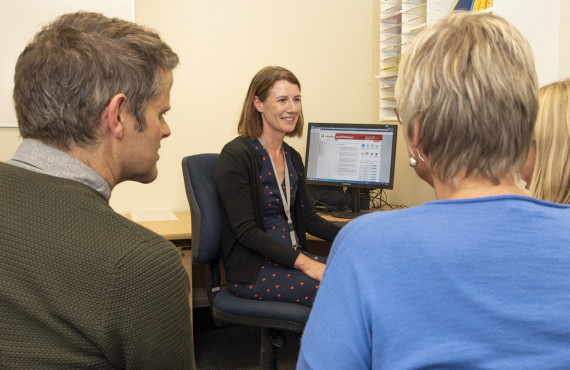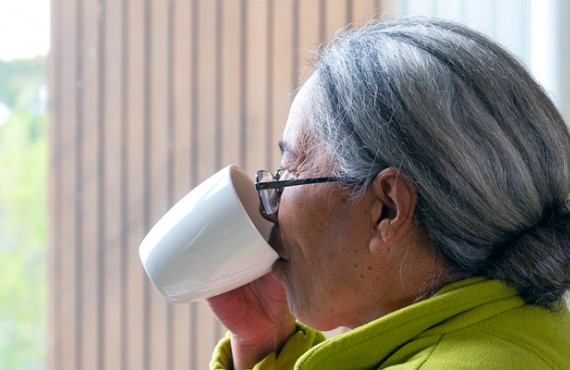If you have any symptoms of throat cancer, they need to be checked by your doctor.
What is throat cancer?
Throat cancer, also called oropharyngeal cancer, is cancer inside the part of the throat directly behind your mouth.
Like the rest of your body, the throat is made of tiny "building blocks" called cells.
Throat cancer starts with the abnormal growth of these cells into lumps or tumours.
Cancer is a disease of the body's cells. It starts in our genes. Our bodies are constantly making new cells, a process controlled by certain genes. Cancers are caused by damage to these genes. As the damaged cells replicate a lump or tumour is formed.
Tumours can be:
- Benign - not cancerous. These do not spread to other parts of the body.
- Malignant - cancerous
Throat cancer symptoms
Signs and symptoms of throat cancer may include:
- a sore throat on one side
- a lump in your neck
- earache
- problems swallowing or moving your mouth and jaw
- a change in your voice
Having these symptoms does not mean you have throat cancer, but it is important to get any changes checked by your doctor.
Tips for talking to your doctor
- make a list of what you are feeling and how often it happens, including as much detail as possible
- think about your family/whānau history of cancer and tell your doctor
- go back to your doctor if you don't feel better, even if tests show you don't have a problem - you can ask for a second opinion if you want one
- take a family/whānau member or friend with you to the appointment for support
What causes throat cancer?
Like many types of cancer, we don’t always know why people get throat cancer, but some things increase your risk.
Risk factors for throat cancer include:
- smoking tobacco
- drinking large amounts of alcohol
- human papillomavirus (HPV) – linked to cancer of the back of the tongue and the tonsils
- Epstein-Barr virus (EBV) – linked to cancer of the nasopharynx
Human papillomavirus (HPV) is a common virus spread through skin contact, often during sex, which causes cell changes. Many sexually active people will have HPV at some time during their life.
Your immune system is normally able to fight an HPV infection, and usually, infections come and go without causing any problems.
In some people, the virus can lie dormant for many months or even years before causing cell changes. These cell changes may develop into cancer.
The HPV vaccine is free for people aged between 9-26 years under the National Immunisation Schedule.
If you missed out on getting the vaccine at primary school, talk to your doctor. The vaccine may still be right for you. It will prevent new HPV infections.

Learning more about the treatments you've been offered can help you prepare.

We've put together a list of questions you may wish to ask your treatment team.

We are here to help and support you and your whānau through cancer diagnosis, treatment and recovery…

Cancer can impact not only your health but your lifestyle and relationships.
We know that going through cancer is tough and can raise many questions. You are not alone.
We have health professionals to answer your questions and provide the support you need.
Get in touch
